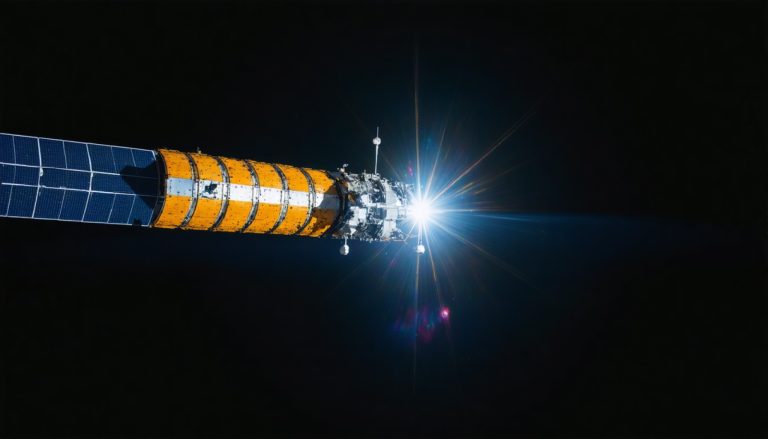Space Exploration
Space exploration refers to the discovery and investigation of outer space through the use of manned and unmanned spacecraft. It encompasses a variety of scientific and technological efforts aimed at understanding celestial bodies, the universe, and the potential for human habitation beyond Earth. This field includes missions to planetary bodies, such as Mars and the Moon, as well as deeper space missions that study phenomena like comets, asteroids, and distant galaxies.
Space exploration often involves the deployment of satellites, space probes, rovers, and telescopes, combined with human spaceflight missions that allow astronauts to conduct research in microgravity environments. The goals of space exploration can range from advancing scientific knowledge and technological innovation to searching for extraterrestrial life and understanding the origins of the universe.
The field is not only concerned with immediate scientific outcomes but also with humanity’s long-term survival, as the exploration of other planets may offer solutions to challenges faced on Earth. The collaborative efforts of various space agencies, such as NASA, ESA, and private entities, have led to significant advancements in space science and continue to expand our understanding of the cosmos.













